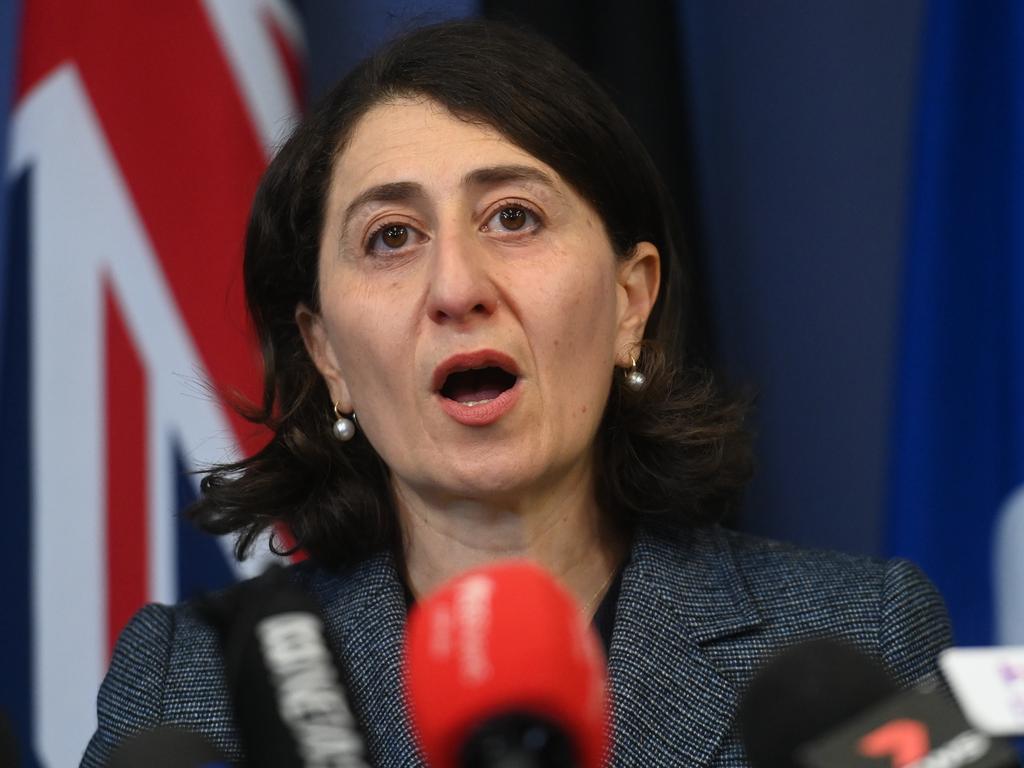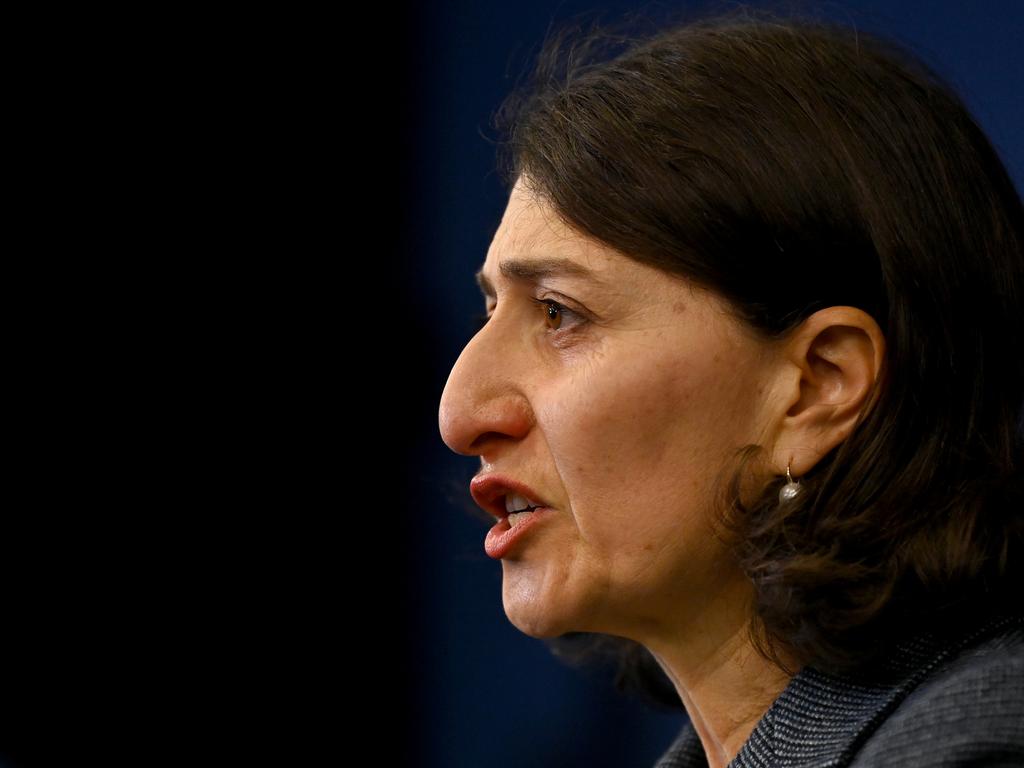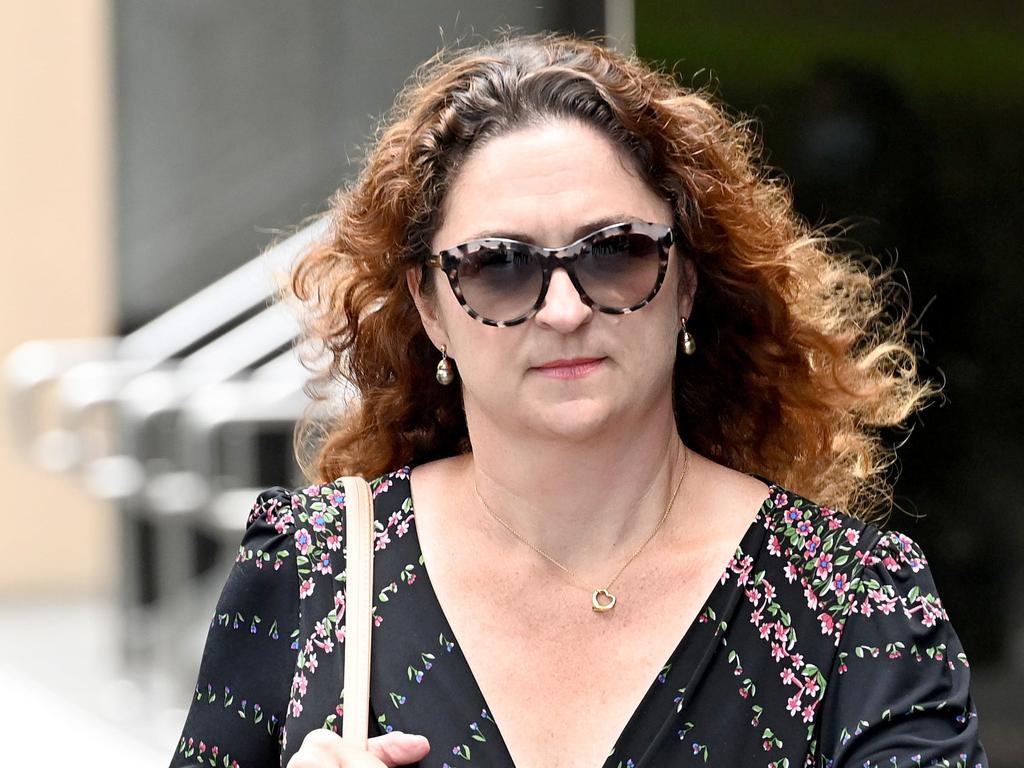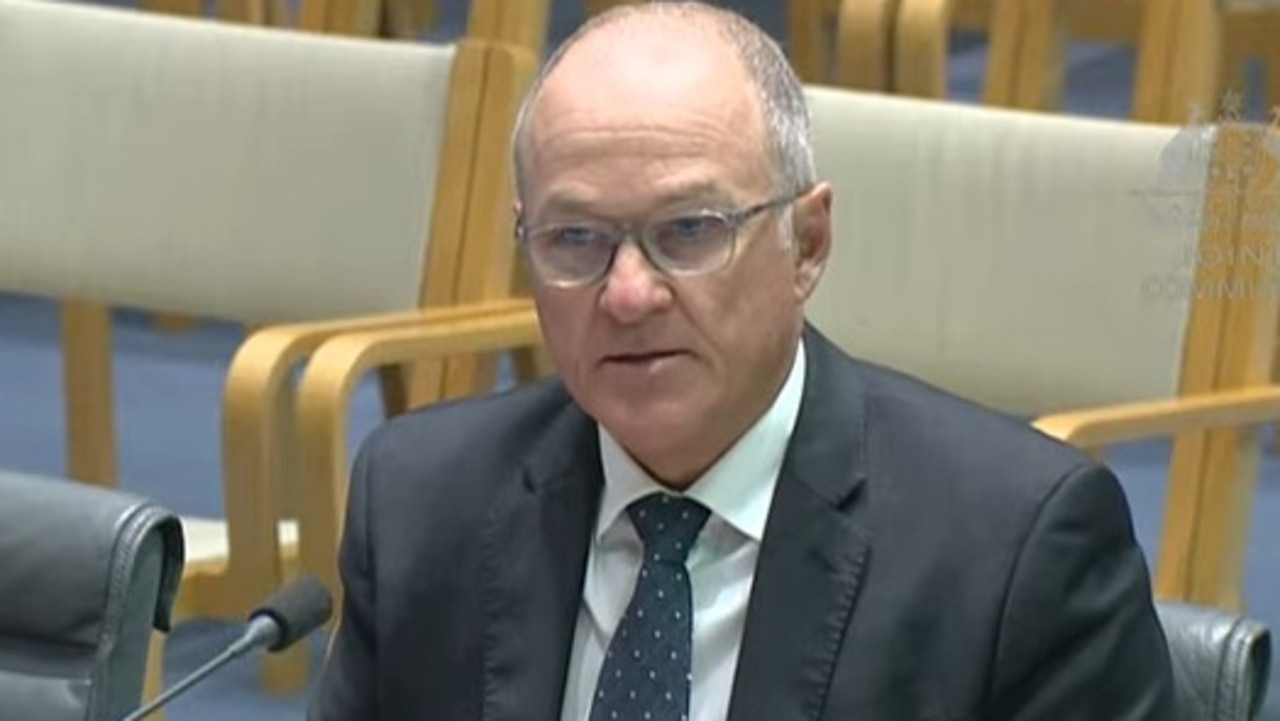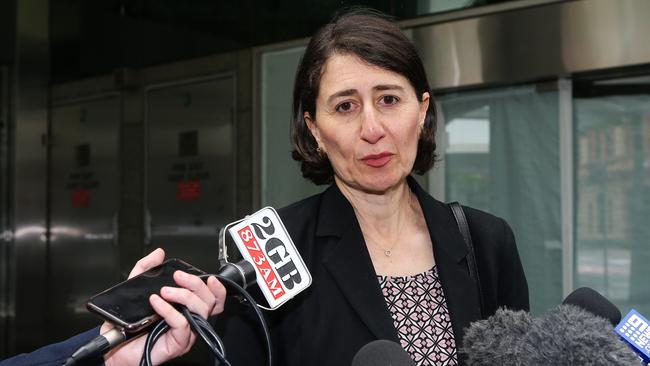
One of the hallmarks of a show trial is that the outcome is determined in advance. And so it is with Gladys Berejiklian and the theatrics that have been conducted by the Independent Commission Against Corruption.
The critical decision in the inquiry into the former NSW premier is whether her conduct amounts to corruption for the purposes of the ICAC Act.
And the first half of that two-stage decision has already been taken – and not by assistant commissioner Ruth McColl, who is months away from producing a report that will be the official outcome of this inquiry.
It was taken in private by others, more senior to McColl, whose actions were dictated by the ICAC Act – an abomination that requires a decision to be made on corruption before – not after – the commission’s investigations are concluded.
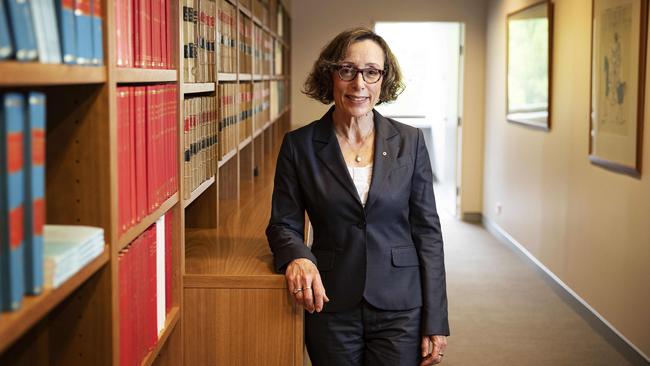
The blame rests with the NSW parliament, not ICAC, which is merely following statutory instructions.
Here’s how the system works: Before ICAC can hold a public hearing, section 31(2)(a) of its governing statute requires it to consider “the benefit of exposing to the public, and making it aware, of corrupt conduct”.
Take note of the language: the commission is not required to consider the benefits of exposing allegations of corrupt conduct or even the benefits of showing the community the effectiveness of its investigators.
The statutory instruction is clear: the commission is to consider the benefits of making the public aware of corrupt conduct.
So unless the commission first concluded that corrupt conduct was present in Berejiklian’s case, it would have been incapable of discharging its statutory responsibility of considering whether the community would benefit from learning about that corruption.
This procedure is consistent with the fact that the commission already had plenty of material about the former premier – including tapes of phone calls, seized documents and coerced testimony from secret “compulsory examinations”.
It is also consistent with one of the main criticisms of this organisation: its public hearings are merely a confection, a make-work scheme for lawyers at vast expense to taxpayers, that fulfils this commission’s need for publicity by requiring witnesses to recount what they have already told ICAC.
McColl is running the inquiry but others made the critical decision to hold the public hearing: chief commissioner Peter Hall and commissioners Patricia McDonald SC and Stephen Rushton SC.
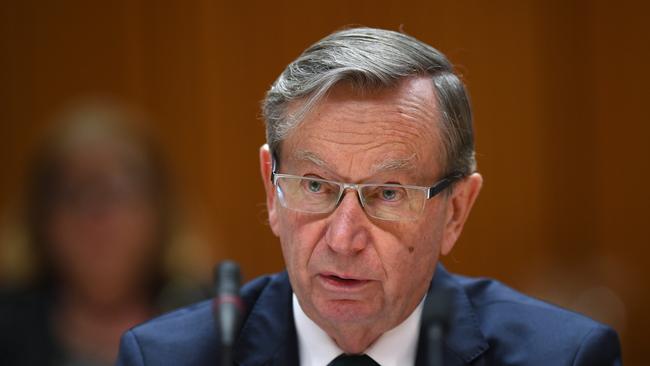
They decided unanimously that Berejiklian should face a public hearing and merely informed McColl after the event. We know this because it is outlined in a report by ICAC inspector Bruce McClintock SC that was issued on October 29.
He writes that McColl agreed with the decision.
That report explains that Hall, McDonald and Rushton brought in McColl to run the investigation due to what McClintock describes as “an abundance of caution” over the commission’s funding dispute with the government when it was led by Berejiklian.
That dispute, according to McClintock, did not amount to a conflict of interest and did not prevent the commissioners from taking part in the decision to hold public hearings.
McClintock, while not a judicial officer, is a vastly experienced silk and the assertions in his report will provide comfort for ICAC – particularly for Hall, whose support is essential if public hearings are to be convened legitimately.
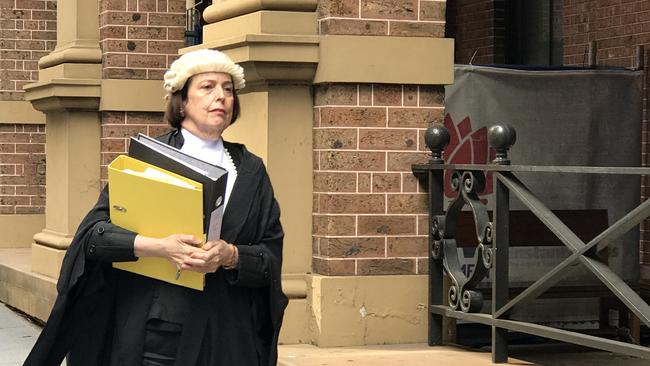
But McClintock’s report, which runs to less than five pages, is not a conclusive finding of law. Only a court can determine whether the funding dispute had any impact on the legitimacy of the Berejiklian public hearings.
When, as seems likely, McColl makes adverse findings against Berejiklian, nobody should be surprised if a subsequent appeal seeks to resolve the question of conflicts and the validity of the public hearing.
As a question of law, it is an issue where ICAC’s decisions can be challenged.
The inspector writes that even if he is wrong and Hall was affected by a conflict of interest, the doctrine of “necessity” would apply to permit the chief commissioner to exercise his powers and convene a public hearing.
On appeal, that assertion could be met with the range of alternatives available to the commission and the fact that the ICAC Act does not treat public hearings as essential. It merely states that they “may” be used.
Even if it is accepted that Hall, McDonald and Rushton were not affected by a conflict of interest when they signed off on the public hearing, they would have needed to make that decision based on information.
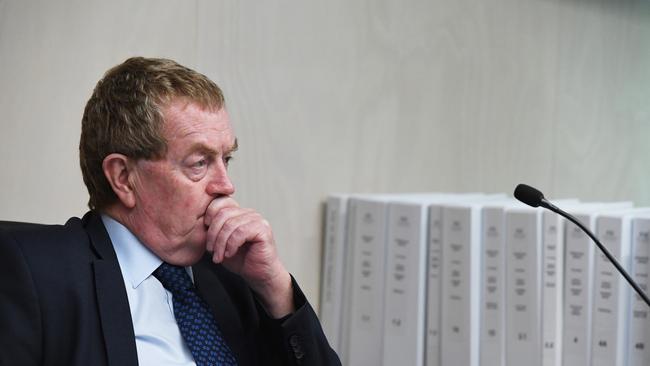
McColl was not present so the information that formed the basis for their decision could only have come from the investigation they had earlier avoided out of “an abundance of caution”.
So despite their earlier decision to recuse themselves because of the funding dispute, all three still made the critical decision to hold a public hearing.
And that triggered the resignation of the woman whose government had rejected their funding proposal. And for what?
Even without public hearings the commission would still have had plenty of ways of informing itself and producing a report. It can hold secret hearings, seize documents, tap phones and force people to disclose evidence and answer questions.
The great irony is that Hall and the others abandoned their own cautious approach to conflicts of interest in order to pursue Berejiklian in public over exactly the same issue.
Chris Merritt is vice-president of the Rule of Law Institute of Australia


